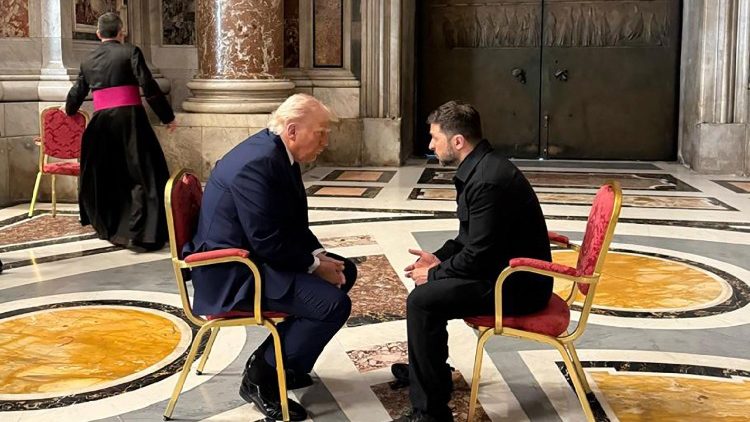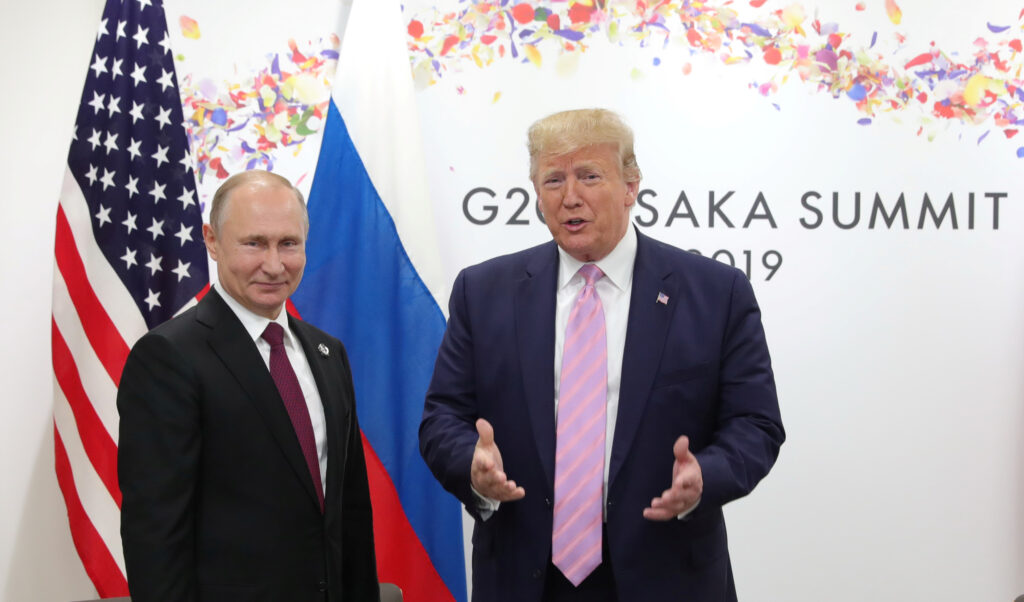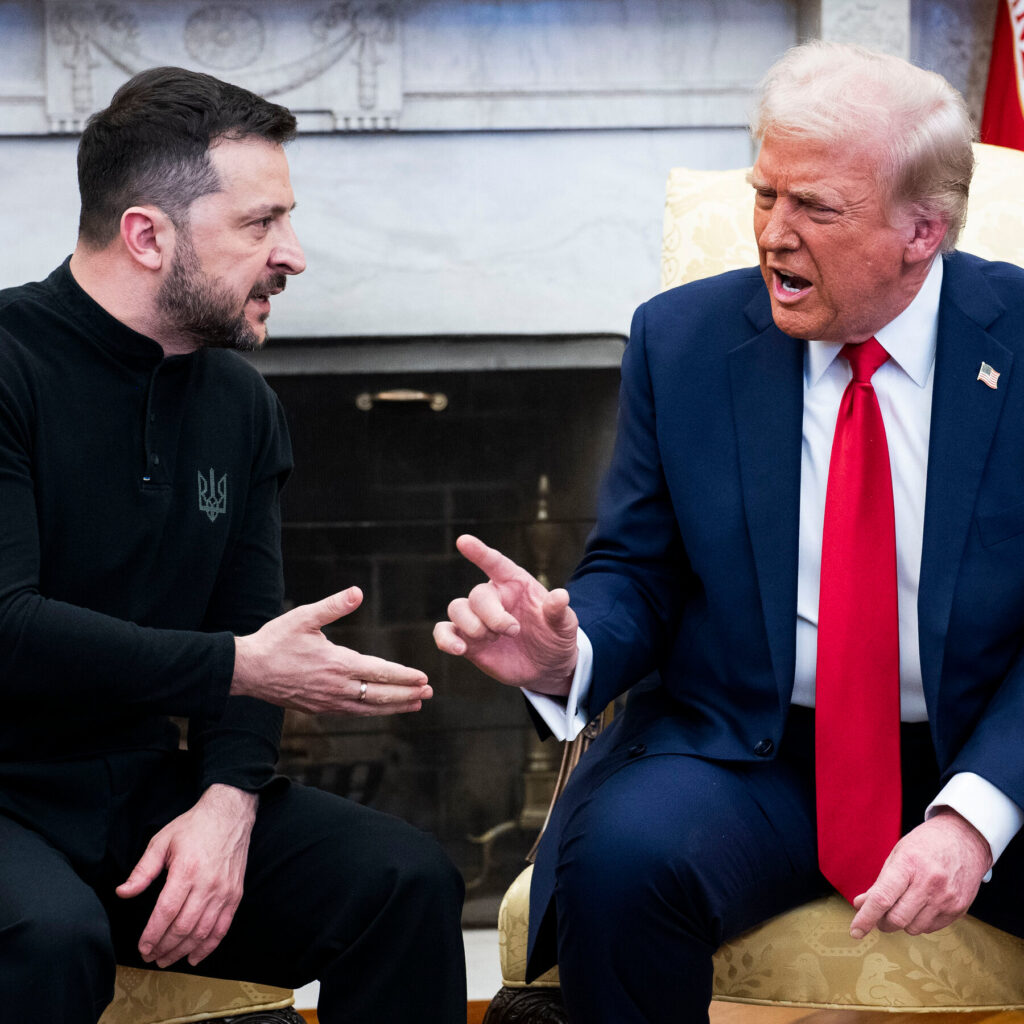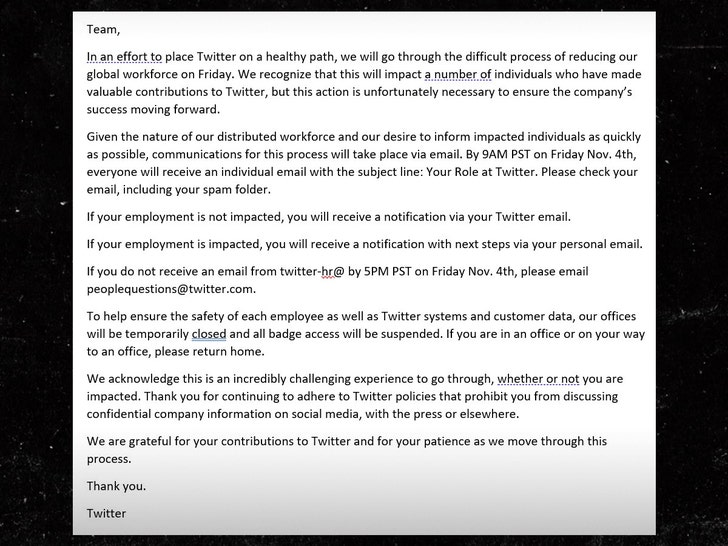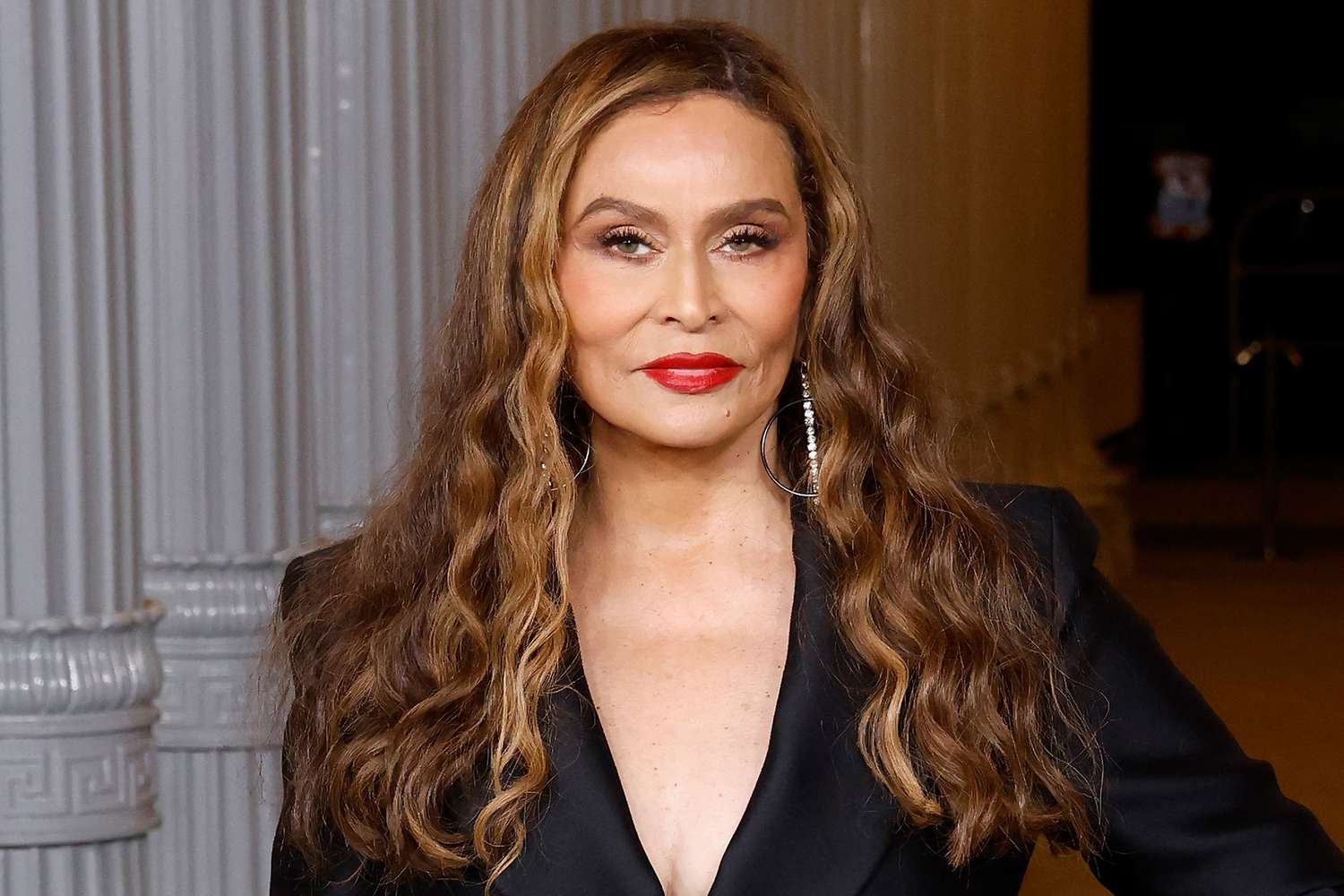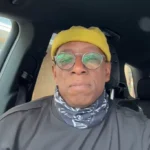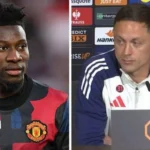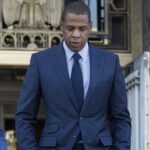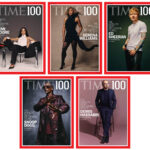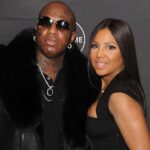Now Reading: Putin Skips Pope’s Funeral Amid ICC Arrest Warrant Drama
-
01
Putin Skips Pope’s Funeral Amid ICC Arrest Warrant Drama
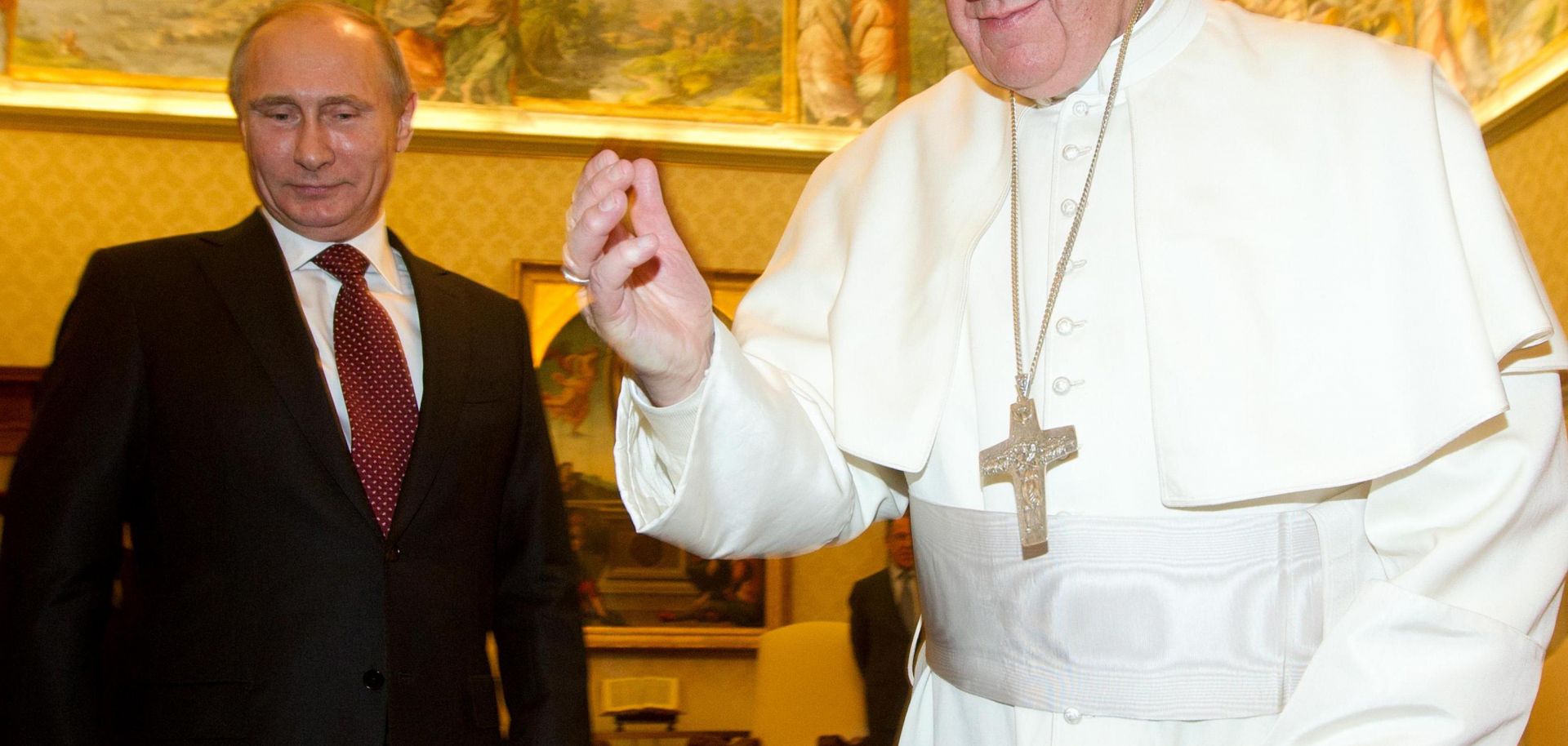
Putin Skips Pope’s Funeral Amid ICC Arrest Warrant Drama
Putin Rules Out Attending Pope Francis’ Funeral Amid International Legal Complications
The Kremlin has officially confirmed what many political analysts suspected – Russian President Vladimir Putin will not be among the world leaders gathering in Rome this Saturday to bid farewell to Pope Francis.
Kremlin spokesman Dmitry Peskov put an end to speculation on Tuesday, responding with a definitive “No, the president doesn’t have any such plans” when asked about Putin’s potential attendance at the papal funeral.

The ICC Arrest Warrant Elephant in the Room
While Putin’s absence isn’t entirely surprising, it highlights the complex international legal situation facing the Russian leader. In 2023, the International Criminal Court issued an arrest warrant against Putin over allegations of Ukrainian children being forcibly relocated from occupied territories to Russia.
Italy, as a signatory to the Rome Statute (the ICC’s founding document), would be legally obligated to arrest Putin if he stepped foot on Italian soil. This diplomatic quagmire essentially makes it impossible for the Russian president to attend without risking detention.
Moscow has consistently referred to these controversial relocations as “evacuations” rather than abductions, rejecting the ICC’s characterization of the events.

Global Leaders Converge While Russia Deliberates
As Putin stays home, heads of state and government from around the world are preparing to travel to the Vatican for Saturday’s solemn ceremonies. Among the high-profile attendees will be US President Donald Trump, creating a gathering of global power players rarely seen outside of UN assemblies or G20 summits.
Peskov noted that Russia has yet to decide who will represent the country at the funeral. This diplomatic selection will be closely watched, as the seniority of Russia’s representative will signal the importance Moscow places on Vatican relations during this tense geopolitical period.

Putin’s Mixed Messages on Catholic-Orthodox Relations
Despite his absence from the funeral, Putin did express condolences following Pope Francis’ death on Monday. The Russian president’s statement praised the pontiff for “actively promoting dialogue between the Russian Orthodox and Roman Catholic Churches as well as constructive cooperation between Russia and the Holy See.”
This acknowledgment of interfaith dialogue comes at a time when relations between the Vatican and the Russian Orthodox Church have been strained, particularly over the conflict in Ukraine. Patriarch Kirill, head of the Russian Orthodox Church, has been a vocal supporter of Putin’s military actions.
Pope Francis had previously criticized the Russian invasion of Ukraine, though he maintained diplomatic channels with Moscow throughout his papacy, often offering to mediate peace talks.
Security and Diplomatic Implications
The funeral at the Basilica of Santa Maria Maggiore presents significant security challenges for Italian authorities, who must protect dozens of world leaders while managing the enormous crowds expected to pay their respects to the popular pontiff.
Security experts suggest Putin’s absence may actually simplify logistics, as his presence would have required extraordinary measures given both the ICC warrant and the heightened tensions between Russia and many Western nations attending the ceremony.

What This Means for Vatican-Russia Relations
As the Catholic Church prepares to select a new pope, questions remain about how Vatican-Russia relations might evolve. Francis had made outreach to the Orthodox Church a cornerstone of his ecumenical efforts, even meeting with Patriarch Kirill in 2016—the first such meeting since the Great Schism of 1054.
Diplomatic observers will be watching closely to see if Russia’s representative at the funeral offers any signals about Moscow’s intentions toward the next pontiff. With geopolitical tensions at their highest point in decades, the Catholic-Orthodox relationship remains one of the few diplomatic channels not completely severed by international sanctions and conflict.
For now, Putin’s decision to stay away from Rome speaks volumes about the real-world consequences of international justice mechanisms and how they’ve limited the Russian leader’s movements on the world stage—even for events as significant as bidding farewell to the head of the world’s 1.3 billion Catholics.

